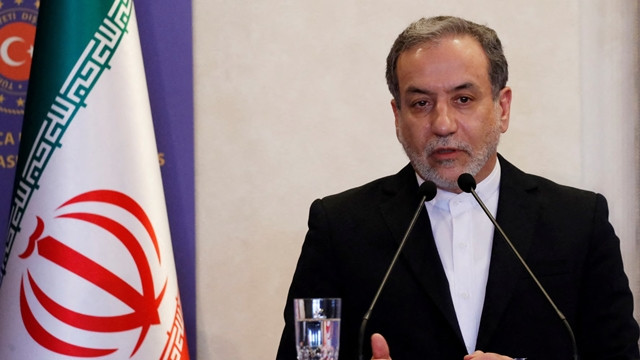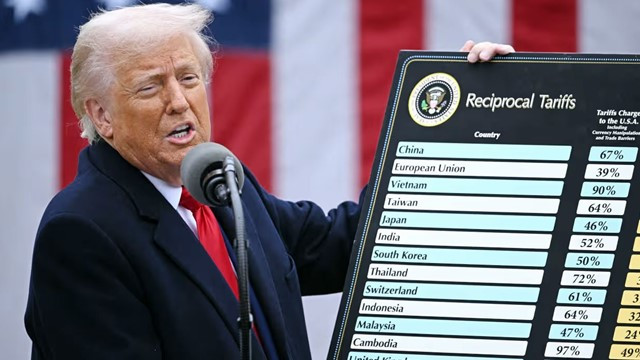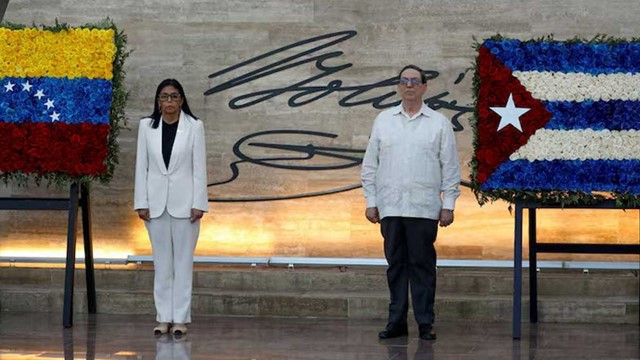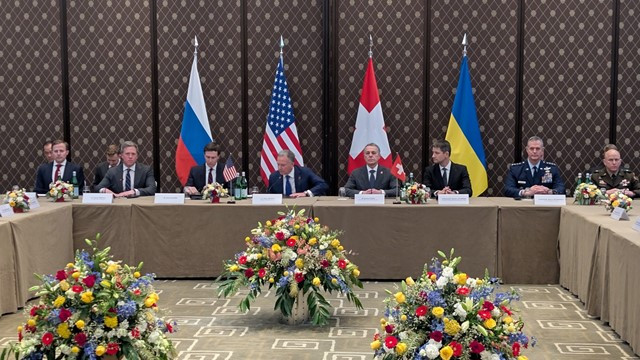১০ ফাল্গুন ১৪৩২
Iran’s Strength Forced the Enemy into an ‘Unconditional Ceasefire’: Says Araghchi
07 November 2025 18:11 PM
NEWS DESK
Iranian Foreign Minister Abbas Araghchi has claimed that after 12 days of fighting, the United States and Israel were forced to agree to an “unconditional ceasefire.”
According to Tehran, the U.S. and Israel launched attacks against Iran last June with the aim of swiftly capturing its nuclear facilities through a surprise offensive. However, Araghchi said Iran’s counter-missile strikes and defensive capabilities thwarted that plan.
Speaking at an administrative meeting in Hamedan Province, Araghchi said, “At the beginning of the U.S.-Israeli assault, they believed that a sudden strike would make Iran surrender within two or three days. But that did not happen—thanks to the wisdom of the Supreme Leader, rapid reorganization of the military leadership, and effective crisis management by the government.”
He added, “The enemy that initially demanded unconditional surrender was the same enemy that, by the twelfth day, pleaded for an unconditional ceasefire.”
Araghchi further claimed that during the recent war, Iran had control over Israeli airspace through its missile operations, and even with Western assistance, Israel’s defense systems failed to stop the attacks.
The Iranian foreign minister said that as the war continued, Tehran’s daily counterattacks became increasingly accurate and effective. He attributed this success to Iran’s homegrown military technology, describing it as the driving force behind their achievements. Araghchi also cited national unity and public solidarity as key elements of Iran’s victory.
Meanwhile, Nawabiyan, deputy chairman of Iran’s parliamentary committee on national security and foreign policy, stated that the United States had proposed not to reinstate U.N. sanctions if Iran halted uranium enrichment at 20% and 60%.
He alleged that the Trump administration’s main goal was to weaken Iran’s technological and scientific capacity, but claimed that the vigilance of Iran’s security and economic authorities foiled that plan.



















Comments Here: